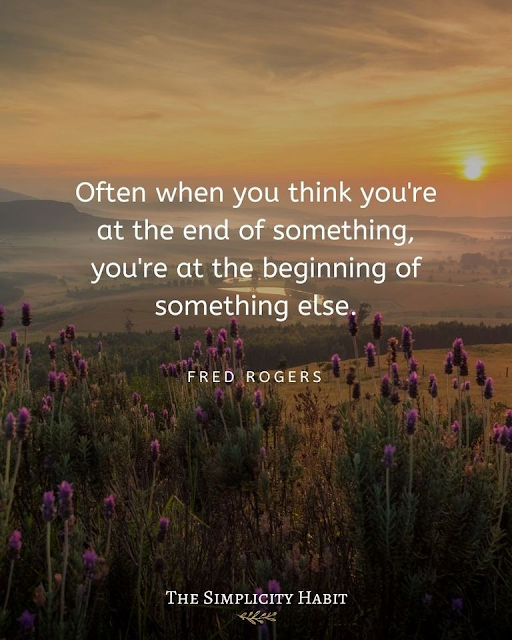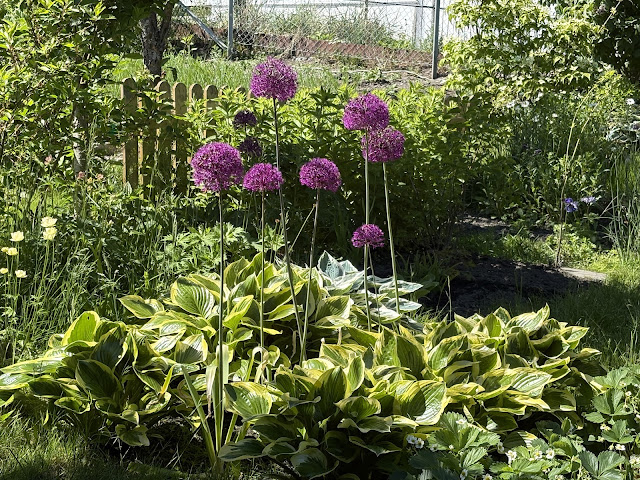I've been writing this blog since 2010, and every once in a while I stop to reflect on writing it and on why I continue to write it. Those thoughts lead me down the path toward writing in general--why do I write poetry, short stories, and novels (both fictional and non-fictional)?
I've been writing since I was fourteen years old, inspired by my high school teacher Brendan who encouraged each of us in my sophomore year class to keep a creative writing journal. We did, and he was interested in reading what we wrote and critiquing it. That started the process for me, because prior to his class, the activity I hated the most was having to write short creative essays on exams, which was not uncommon practice in grammar school. Perhaps because we only had one hour to get it done. For the life of me I couldn't be creative on demand, nor could I write anything of interest in the space of one hour. Luckily the latter is no longer true; however, I find it impossible to be creative on demand, one of the reasons I have always hated brainstorming meetings of any kind together with colleagues. They became very popular during the last fifteen or so years. I'm simply not a team player in that respect, nor did I ever aspire to becoming one. I'd say one of the main reasons I enjoyed being a scientist was because I could retire to my office and think for myself. I could come up with experimental designs and plans on my own. At that point I could share them with others if I wanted to, but I had no desire to hash out experimental designs and plans at meetings. My brain simply could not tolerate the chaos associated with trying to take into account everyone's opinions. Some scientists enjoy that; I'm not one of them. That may have been detrimental to my scientific progression. No matter.
Writing is a solitary activity, and I enjoy it for exactly that reason. Now that I'm retired, I awake each day and look forward to my writing time in solitude. It may be one or two hours each day, but whatever time I manage, I'm grateful for it. It's time well-spent for the most part, especially when I complete a blog post or a poem and am happy with the result. Writing novels is more difficult, but when the words 'flow', the process is rewarding. I love reading about the creative process as described by other writers; I like knowing that they struggled with many of the same thoughts and feelings as I do when it comes to being creative.
Writing is a 'private room' that I choose to enter each day. There can be noise around me, people talking, or the tv, but I don't hear them in the same way when I am inside my room. It's about having a focus and staying focused. Do I get distracted? Yes, at times, especially if I end up on the internet for one thing and then lose track of time while I meander the internet universe. But as I write my blog posts, I'm grateful for what the internet has given me--information at my fingertips. If you use the internet wisely, you won't lose your focus.
I write because I feel that I have something to say and writing is the best way I know how to express it. I've never been very good at verbally commanding attention from others in a roomful of people. I'm not an extrovert; I feel more comfortable away from the crowd. I find that creativity manifests itself best when I am alone, unencumbered by the demands of daily life. The latter will always be there, but they can be put on hold for a few hours. I write in order to learn about the world but mostly about myself. The unconscious is a large part of our brain, but mostly unreachable/untapped. I believe that writing allows me to access my unconscious mind, which houses forgotten memories and repressed feelings, among other things. Or perhaps better put, my unconscious mind sometimes provides my conscious mind with a thought or feeling that I end up writing about. The unconscious mind tosses up tidbits of interest that I can write about if I so choose.
Interestingly, the existence of a 'collective unconscious' has also been postulated. The term was coined by Carl Gustav Jung, who theorized that the unconscious mind consists of two layers--the personal unconscious and the collective unconscious. The latter according to Jung is 'the deepest level of our psyche', and is 'the whole spiritual heritage of mankind's evolution, born anew in the brain structure of every individual'. In other words, it is inherited through the generations (see Wikipedia for more complete information). I find this idea very appealing; it means that the collective unconscious can also influence us creatively. When I was younger I used to envision the collective unconscious as a 'ring' (not unlike the ring(s) around Saturn) swirling about above my head, containing the knowledge, thoughts and feelings of all of humanity. Sometimes I saw the faces of poets and literary figures swirling above me. I thought that if I reached my hand upward, I could pluck some of the knowledge from that ring. I knew the ring would go on forever and that it would grow ever larger the longer mankind lived.
I've kept a dream journal for years. Some of my dreams have been quite startling and have become poems. I'd never really had what one could call nightmares until recently. I cannot shake some of the images from those dreams, so perhaps they will find their way into new poems or short stories. The following poem started life as a dream; when I remember writing this poem, I can see the images in the dream very clearly:
Confrontation
Seated at a table on a grassy knoll
Odd people milling about me
Talking frenetically the clocks toll
Standing then upon the table
Large coyotes all around me
Marvel at the deception they enable
He loves you he loves you she whispers in my ear
But he does not oh this I know
She may be sure of it but no
How many times I’ve wandered
From this battered table to the door
Of this old house abandoned
Once inside, light all around me, glass doors
Between the rooms, large windows
Unencumbered views of crocodile-infested shores
Turn to face the crocodiles and coyotes
Tracking me at all turns
Turn away unsure of what they want from me
Uncover what it is that must be faced
Appease the predators take them on
Make peace with treachery and move on
-----------------------------------
Perhaps it isn't possible to fully know why a writer writes; the writer may not know either. That is part of the mystery of creativity. The results, when they are good, remain in the minds of the people who read the words that make up the fiction, non-fiction, dramas, and poetry collections that are cherished, often for generations.




